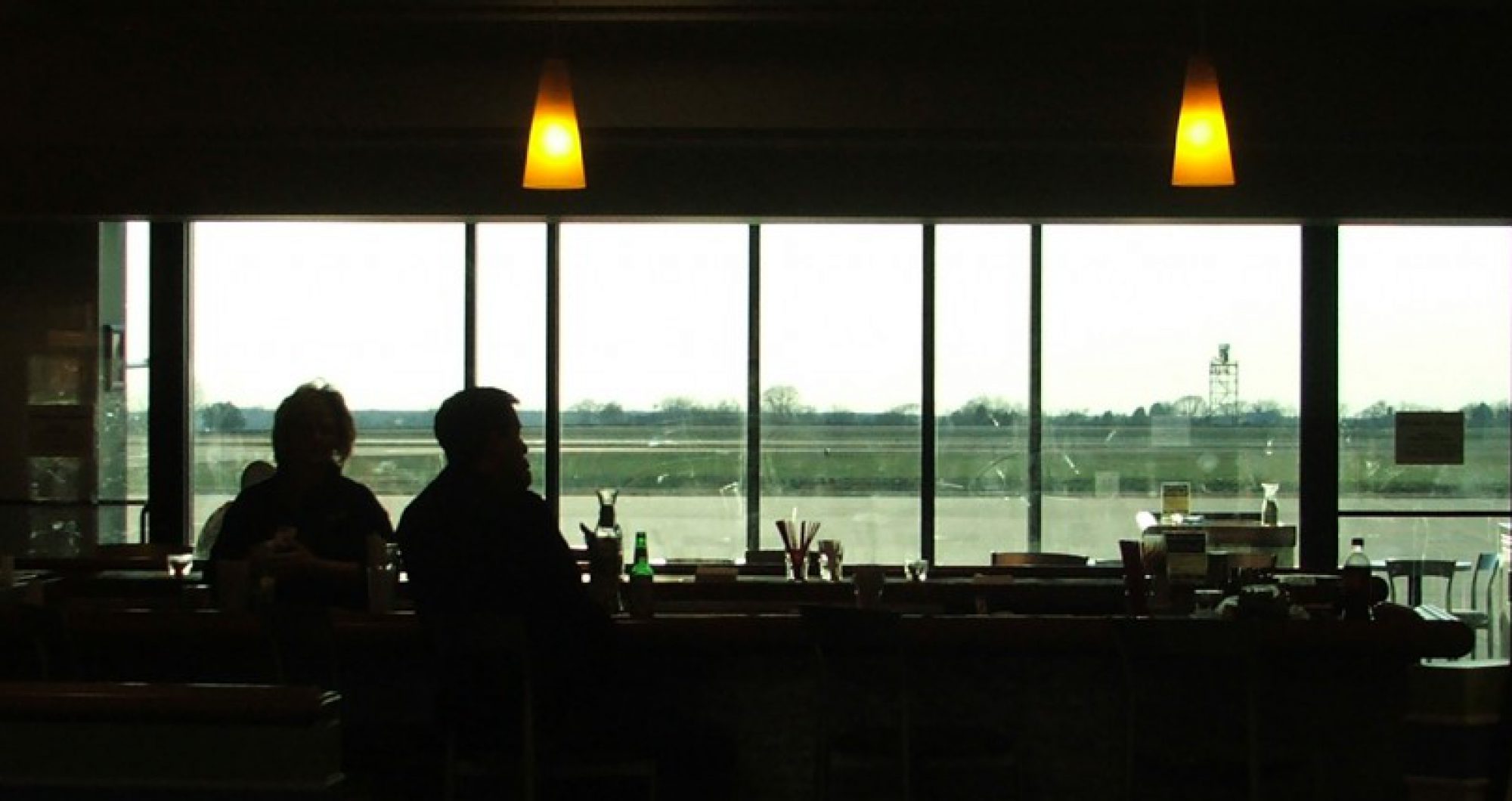When my younger daughter was in first grade they did a unit on space. She wanted a duvet cover with planets and stars on it. For her birthday, I decorated the cupcakes with a space theme. I iced them in navy blue with gold sprinkles and Smarties for the planets. We trekked out to the Greenwich Observatory for a family outing.
“Mommy,” she informed me one morning. “You know how some kids say they like space?”
(No. Is that something kids say? And they’re being insincere?)
“Yes.”
“Well, I really love space.”
Not like those other posers.
“Really?”
“Yes. I love space.”
“That is great. I love that you love space.”
She wasn’t willing to elaborate. I concluded that she loved space in the same way that you and I are in awe of it, in that cliched feeling of amazement that causes you to pause in the driveway and remark, “Look at the stars!” while knowing how lame and inadequate that sounds.
This is why I love this painting she made at a friend’s birthday party. They had just outgrown invite-the-entire-class parties held in vinyl padded play spaces and moved on to invite-all-the-girls (or boys) parties, and what stood out for my daughter was the silliness that orbited the one boy who was there.
I like the way we are out in space looking at the moon and the Earth, seeing, possibly, comets and UFOs, which I don’t think were part of the curriculum. The sun is dwarfed by the moon, rising out of the corner, which shines most brightly, eclipsed only by the part of itself that isn’t there, the three-quarters that exists off of the canvass.
She likes space well enough these days but, like the essential elements of our planet, her love has settled and cooled. I found the painting this weekend when I went on the hunt for picnic things. It was sitting in the back of the cupboard waiting to be rediscovered.
The children from the party have scattered. The garden where they painted, where I can still see them scampering around, belongs to someone else. The party girl lives in NYC. Some stayed in London, some have returned to the States, all following the trajectory of their parents’ careers, or unseen forces that would require the family to embark upon a sparkly new adventure.
“When I am a grown up and I have a house,” the younger daughter prefaces something at dinner last night. Annoyingly, as parents, we qualify for her that she can be an adult and rent.
“When I have a job,” she says.
You’ll have a job to pay rent, we say.
“No, when I have a permanent job,” she says.
“There is no such thing,” I tell her, “as a permanent job.”
But we relent and let her finish the thought and continue in the belief that there is a planet of fully formed adulthood where you will settle at the magic age of 30 with an understanding of yourself as a solid mass and all the rest of it fitted into place.
My husband is outside looking fixedly, not at the stars, but at the roof. “I am staring at the roof with a mixture of awe and fear,” he says.
We have arrived on that planet of adulthood, a little later than we thought. But who says this will be the last and only planet? That is the fallacy in the notion of a final frontier. It implies both that we have explored and conquered all that there is on Earth, which the bioluminescent, multisexual, superintelligent squid at the bottom of the sea would contradict, and that somewhere amid all of this infinity there will be an endpoint. It is exactly this, the lack of a terminus, that makes me look past the roof, not yet in need of repairs, but with a tree growing out of a gutter that needs to be seen to, and marvel at the darkening sky with the wordless love of a seven-year-old.


